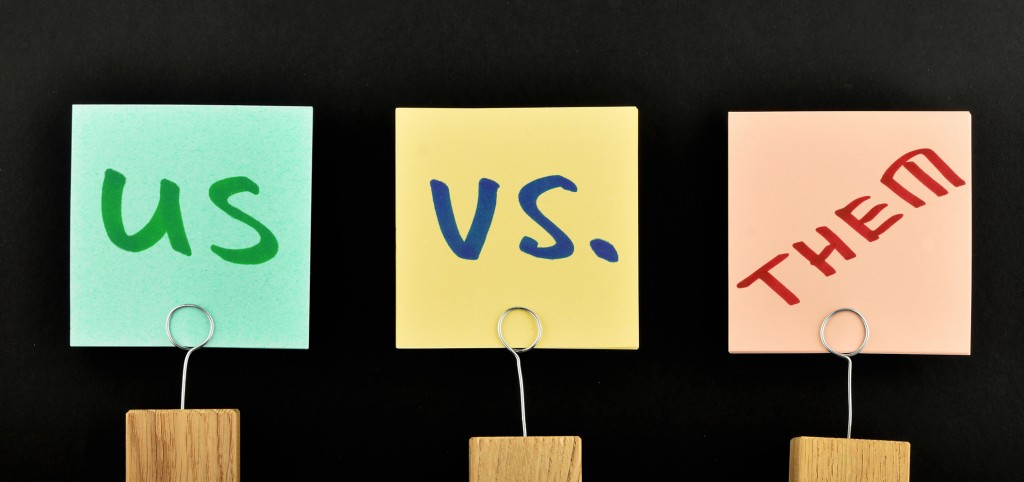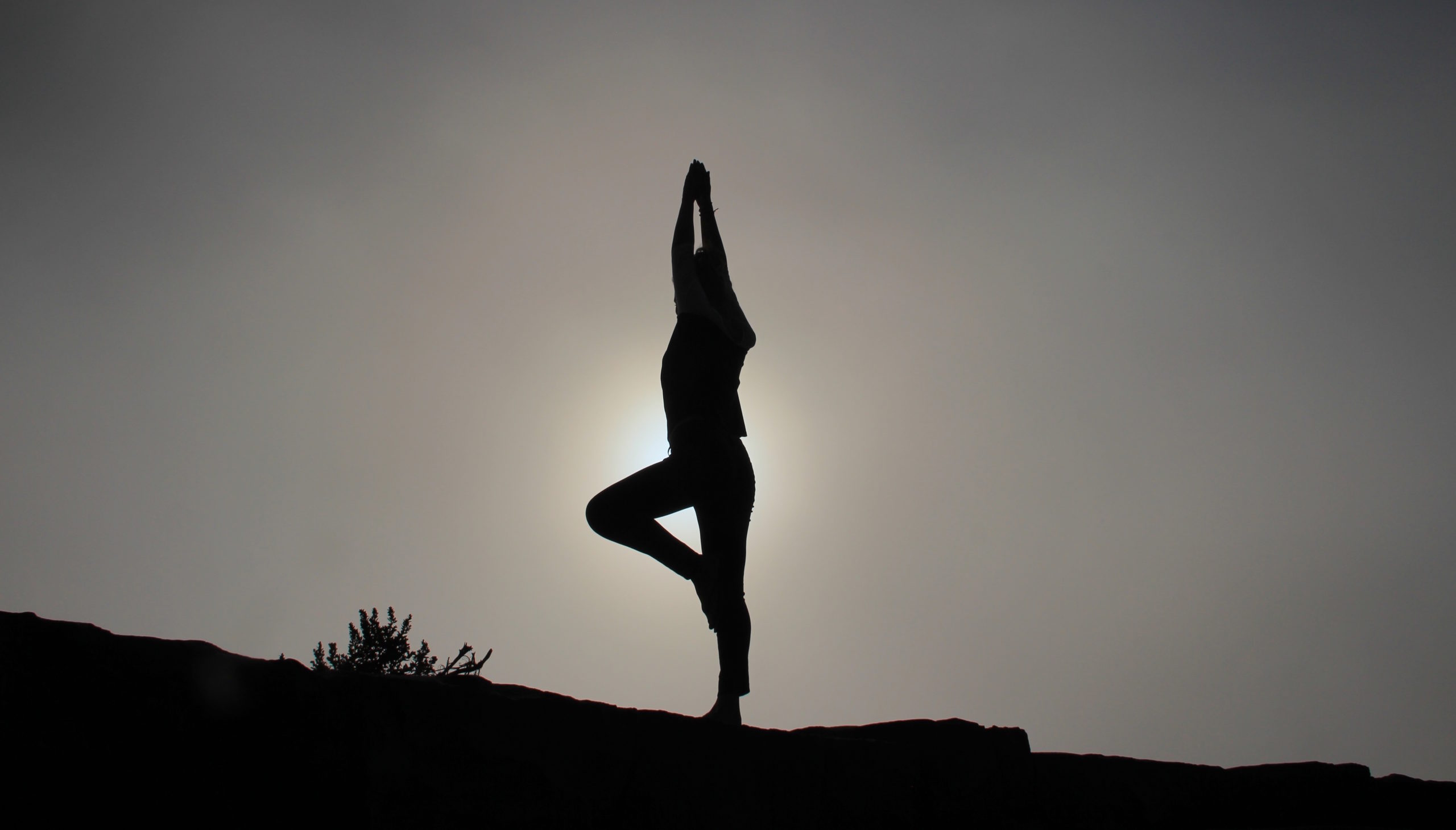One winter day I put on my snow boots and powered through the icy Philadelphia streets to go to yoga class and get some Namaste.
While en route, I could feel encroaching footsteps. I turned a corner and a woman sped passed me on the icy narrow terrain. I slipped a bit as I tried to get out of her way and let out a minor yelp.
She unapologetically apologized, if that’s possible, and told me as she passed me that she is a fast walker and she wanted to be on time for class.
I walked into the yoga studio two steps behind her. “Surely she must feel like a complete idiot now,” I thought in my head as she saw I was headed to the same class.
The yoga instructor asked us all to introduce ourselves by simply saying our first name. When it was my sidewalk villain’s turn she said her name but also stressed that this was her first class at this studio, that she is an avid yogi, that she is a consultant at a local school, that she was on lunch break, and that she was from the suburbs of Philadelphia.
“Suburbs of Philadelphia” reverberated in my head and I gloated to myself, “Ahh, that explains it.” Being a city girl myself, my mind immediately categorized & judged her behavior in a split instant.
Happily entrenched in my sound judgment of this woman, class began. I found myself basking in schadenfreude when the instructor would adjust SYW’s (Suburban Yogi Woman) poor alignment.
I stared at the back of SYW’s head, deep breathing karmic voodoo on her. When the hour and a half was over I realized I didn’t get one moment of yoga ahhh because I was so caught up in my judgment of SYW. While walking home after class I thought about my judgment of SYW and laughed to myself, thinking, “Wow, that was a quick denouncement.”
Let’s dissect what happened: a two second interaction with a complete stranger who introduced herself as someone from the ‘burbs triggered a series of deeply ingrained mental processes, which in turn triggered a completely faulty analysis, which stimulated a series of ugly feelings and nasty behaviors.
This faulty analysis was born out of social comparison. Although we walk around saying we “shouldn’t” judge, we absolutely do. Comparing ourselves, rooted in judgment, tells us to what degree we excel or fall short. Once this comparison or social judgment ensues, which is not the problematic part, we begin the process of deeply entrenching ourselves in our beliefs often to the detriment of objective decision-making, problem-solving and thinking in general. Judgment can be healthy, it’s the behaviors and entrenched thought processes that can ensue that potentially cause the problems.
Take the die-hard sports fan, for example. You go to a football game and dress up in your team garb. When you see other folks dressed up in the same team garb you instantly like them. They are one of you and you are one of them. They are good.
Someone from the opposing team walks by dressed in their team’s garb and automatically they are the worst person ever. They are losers. They are bad. We are winners, they are losers and that’s just that. Just like that. It’s us vs them.

In that us vs them categorization another faulty psychological bias emerges: the fundamental attribution error. This is the tendency to place an undue emphasis on internal characteristics to explain someone’s behavior rather than thinking about external factors.
For instance, in my faulty judgment of SYW I immediately assumed her personality was terrible because she led an entitled suburban existence, while dismissing any external factors that may have contributed to her behavior, like being completely new to the studio; like worrying about being late and thereby potentially disrupting the class; the possibility that she was having a bad day and wasn’t thinking about how quickly she was coming up behind me, and any other myriad of things that could have made her unaware of sidewalk space etiquette.
I, however, ensconced in typical humanness judged her entire personality and being, classifying her as “one of those people” and not “one of my own.”
Carry this split instant, natural human behavior into life, love and work and you can see how our interactions with one another are biased; how our decisions and thinking can be faulty; and how we can unfairly behave toward one another simply based on our own inaccurate judgments that stem from our mind’s desire to take little shortcuts.
The flip side of this judgmental thinking is the actor–observer bias, in which we tend to overemphasize the influence of external factors on our own behavior and underemphasize the role of our own personalities.
In other words, if we find ourselves acting in some egregious manner we have the tendency not to judge ourselves the way I judged the SYW but rather we excuse ourselves by blaming outer circumstances. Had I been the SYW and felt the scorn of another directed at me I would have thought “I had to walk fast to get to the studio on time, a studio I’m not familiar with so I want to get there before it fills up so I feel comfortable once situated in the studio.”
And therein lies one of the very quiet and subtle vultures that lurk in our minds, in our groups, in our workplaces, in our personal lives.
What’s the lesson to learn from all this? That it’s very stressful to get to yoga class on time.
Namaste 🙂

